Meet Josh Bochniak | Climbing Gym Owner and Outdoor Educator
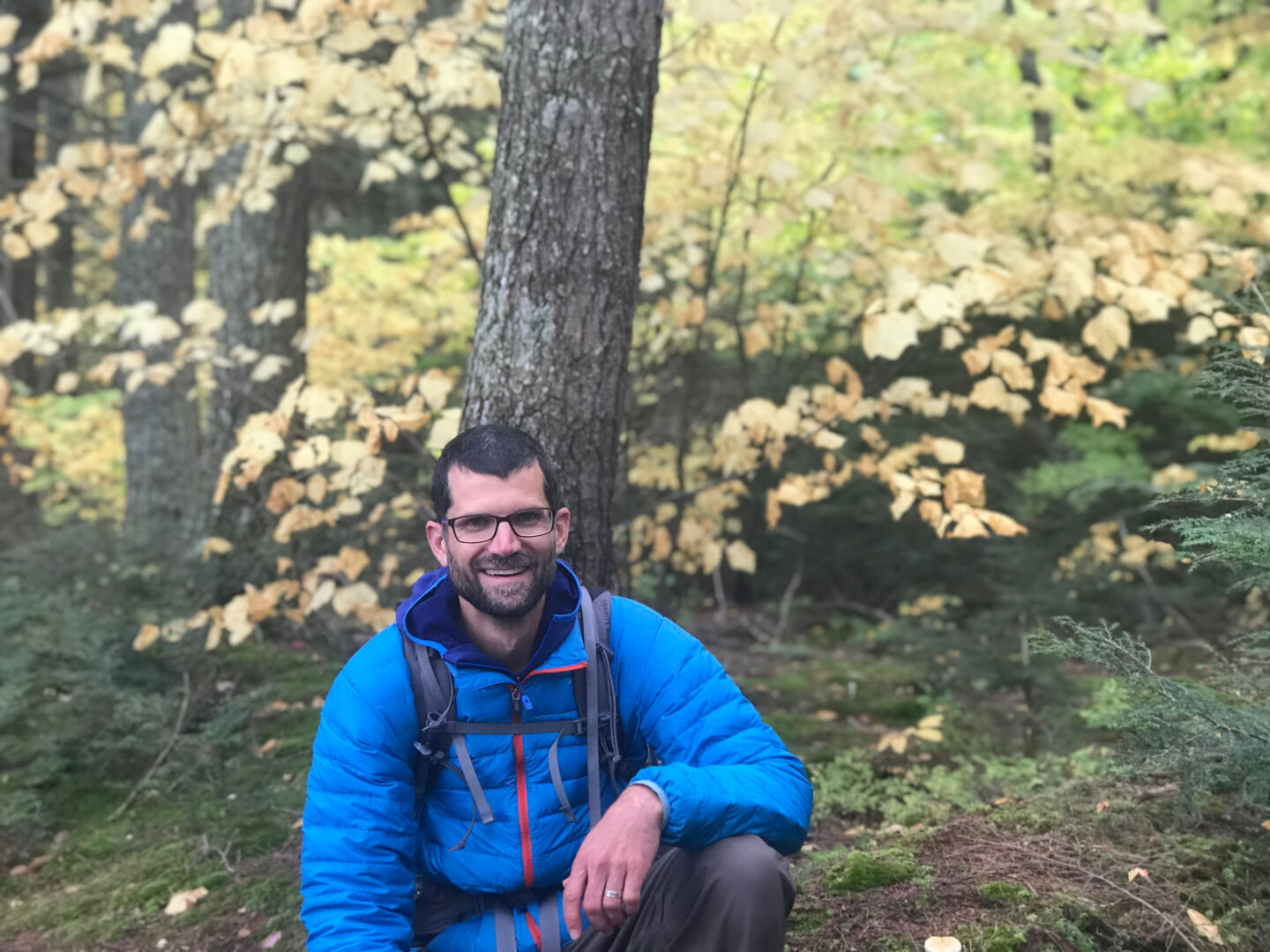
We had the good fortune of connecting with Josh Bochniak and we’ve shared our conversation below.
Hi Josh, can you walk us through the thought-process of starting your business?
When I moved back to Holland in 2014 (I had previously gone to college here from 1998-2003), I had been working in outdoor education and recreation programs for over 10 years. I was surprised to find that there was not a rock climbing gym in the city, as the industry was beginning to grow fairly rapidly at that point in time, and began thinking about opening one. Unfortunately for my process, someone opened a small bouldering gym in early 2015, and, knowing Holland could probably not support 2 climbing gyms, I let the idea fall away. About 3 years later, the owner of that business decided he wanted to be doing something else and I started talking to him about purchasing the wall he built and taking over his lease. It actually took me quite a while to convince myself that it was a good idea and that I wanted to run my own business, as I grew up in a family business that had some significant impacts on my parents and my childhood experiences. I wasn’t sure if I wanted to subject myself and my family to the risks of a small business. Ultimately, after doing enough pre work and analysis and getting good advice and encouragement from a number of people I trust, I convinced myself to make the step.
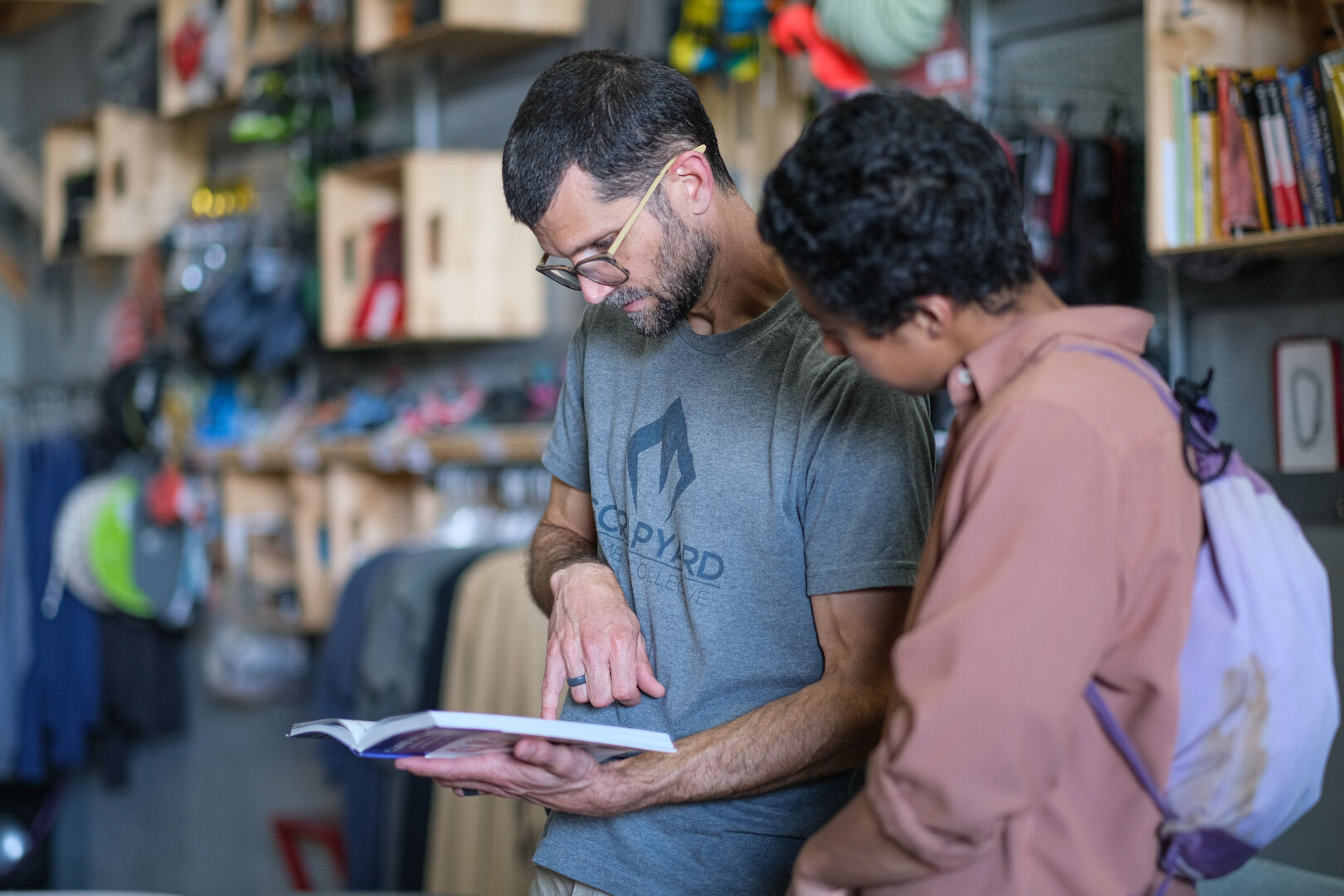
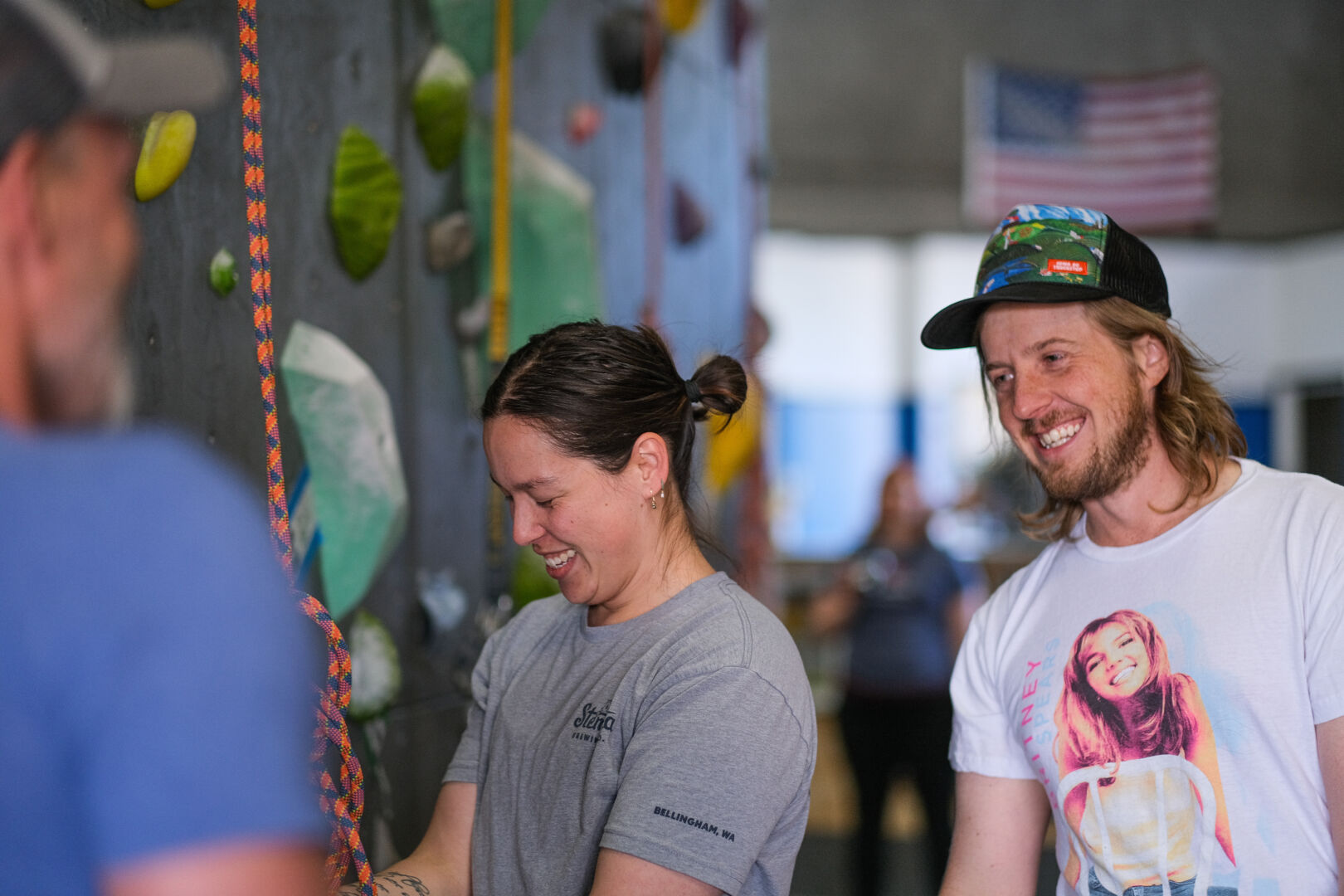
What’s one thing about your industry that outsiders are probably unaware of?
I think outsiders probably don’t realize how much rock climbing gyms are about connecting people as much as they are about the activity we provide. From the beginning, rock climbing has been about exploration, adventure, and discovery with others. It is a collaborative, community centered activity that brings people together around a common interest. You can
Risk Taking: How do you think about risk? What role has taking risks played in your life/career?
This is actually a really interesting question for a climbing gym owner. I think many people look at climbing gyms and think they are “safe” and don’t understand the level of risk management that we do in many ways across our facility and programs. We remind everyone that comes into our doors that climbing is dangerous and that participating in rock climbing requires assuming a certain set of risks that are inherent to the activity. We educate and have policies that effectively reduce those risks because we want to protect our participants where we can. So I think and talk about those kinds of risks all the time.
What I often communicate in teaching people about risk management is that there are risks inherent to everything we do. Statistically speaking, driving is riskier than most other things we do, but we participate in that on a daily basis. We could choose not to take risks, but that would require living lives that I don’t imagine to be very compelling at all. So, we choose to take calculated risks whether we are intentionally doing the calculations or have internalized them. We manage the risks we assume, and choose not to take risks that we can’t manage well enough.
Starting Scrapyard was a risk, but all my preparation allowed me to believe I could manage the risks well enough to move forward. Making changes in life invites unknowns and risks, but we can’t know the outcomes without assuming the risks. I’ve been open to trying new things and learning from them and through them at many stages of life so far. I think it keeps life engaging, and brings the potential for development and progress.
Other than deciding to work for yourself, what was the single most important decision you made that contributed to your success?
I chronically shy away from questions like this. “Single most”, “Favorite”, “Best” all seem too committing as descriptors. But I feel pretty strongly that the decision to run my business from a values perspective over one that maximizes profit has been a large part of our success. From the beginning, Scrapyard has been about creating welcome, belonging, and community for our members and guests, and for my staff. The decisions I make are often about meeting those goals before they are about profit. Of course the business needs to be profitable to continue, and I could run a leaner business than I do, but it would likely be at the expense of my staff or the community experience.
What is the most important factor behind your success / the success of your brand?
Similarly to my response above, I think a focus on people has been one of the most important factors behind our success. I really embrace the idea that we are a collective. As we draw from each other’s strengths, the result is more than any one of us could imagine on our own. We have members who contribute creatively and constructively to what we do and staff who are given freedom to do what drives them and invite others along the way. It’s the people around us that matter first. That is something people feel when they come in and is a large part of what makes them keep coming back.
What is the most difficult decision you have ever had to make?
Leaving my job as Climbing Programs Coordinator at Cornell University to move our family back to the midwest might be the hardest decision I’ve ever made. I loved my co-workers and what I was doing, but we needed to make that move for our family. Leaving a position like that, in a field as small as college outdoor programs, was a tremendous career risk. In some ways, it really was a career ending decision, as the likelihood of finding a job doing that work again was and is really unlikely at this stage. But, without making that decision and taking that risk, I never would have been in a position to start Scrapyard or do a number of other things I have done because of it.
Work Life Balance: How has your balance changed over time? How do you think about the balance?
I feel like balance is the wrong word, as it implies balance is achievable, when really we’re largely oscillating between two extremes over time. Someone once encouraged me to think about work-life blend rather than balance. There have been times in life where work requires a lot of my time and energy and times where it requires less. There is seasonality on various time frames. The first few years of running Scrapyard required a lot, and as the business has progressed, I’ve continued to put systems in place that allow me more flexibility in how and when I do my work. That was actually an intentional decision when we started Scrapyard. The only way it was going to work for our family is if I could use the flexibility inherent in ownership to create a work-life blend that let me pick my kids up from school and be at activities that a traditional work schedule wouldn’t allow. I still do a majority of my work during traditional work hours and choose to maintain a work schedule that matches my wife’s. I also think about the flexibility to lean toward a lower-work blend when needed as part of my compensation for the position I am in. I also factor this into contemplations about business growth (e.g. if we grow, will this blend continue to be possible).
Do you have a favorite quote or affirmation? What does it mean to you / what do you like about it?
I don’t have any one favorite quote or one that has driven my work over time. I think one thing I often repeat to myself when I’m being overly critical of myself is the idea that we’re all just figuring things out as we go. I think the idea of proficiency or that other people have things figured out is really damaging over all and contributes strongly to the imposter syndrome idea. I think folks that appear to have things “figured out” are just more comfortable with the process of learning or are just better at looking confident in what they are doing. The more I talk to other professionals and business owners, the more I am convinced that we need to be more open about the the truth that we’re all just figuring it out as we go.
Why did you pursue an artistic or creative career?
Artistic or creative would be the words I would use to describe my career, though I think there is a fair bit of creativity required in starting and running a business. I think I pursue this career because I was motivated to share something meaningful to me with other. Climbing has been compelling and anchoring for me over my life and I wanted to give that experience to others as well.
What do you want your legacy to be? What do you want people to remember about you?
I want my legacy to be the people who know each other because of me and are better because of those relationships. I also want my legacy to be the things I’ve been able to teach people. I think of myself as an educator and lifelong learner and being remembered because someone uses something I taught them would be pretty great. I want people to remember me for trying to bring out the best in them and for creating a place where people experience welcome and belonging. I love when people talk about Scrapyard and describe it as a great community even before they talk about how good the climbing experience is. That’s a win every time for me.

Any places to eat or things to do that you can share with our readers? If they have a friend visiting town, what are some spots they could take them to?
If someone was coming to visit, I really wouldn’t show them much of the city. Holland is a nice little city, but it is really what surrounds us that is more compelling to me. First, I think I’d take them for tacos at Mi Favorita and a beer at Our Brewing Company and then hit the road for some hiking, camping and backpacking. Saugatuck State Park has some great hiking out to a relatively quiet beach on Lake Michigan and is one of my favorite places to get outside within 20 minutes of Holland. Van Buren Street Dunes is a little known Ottawa County Park with a short loop trail through some forested dunes and prairie. A mid-week trip up to the Manistee River Trail in Huron-Manistee National Forest for a few nights of backpacking would make for a nice getaway. West Michigan is a great place for being outside all year long and there’s plenty to do within a few hours of Holland.
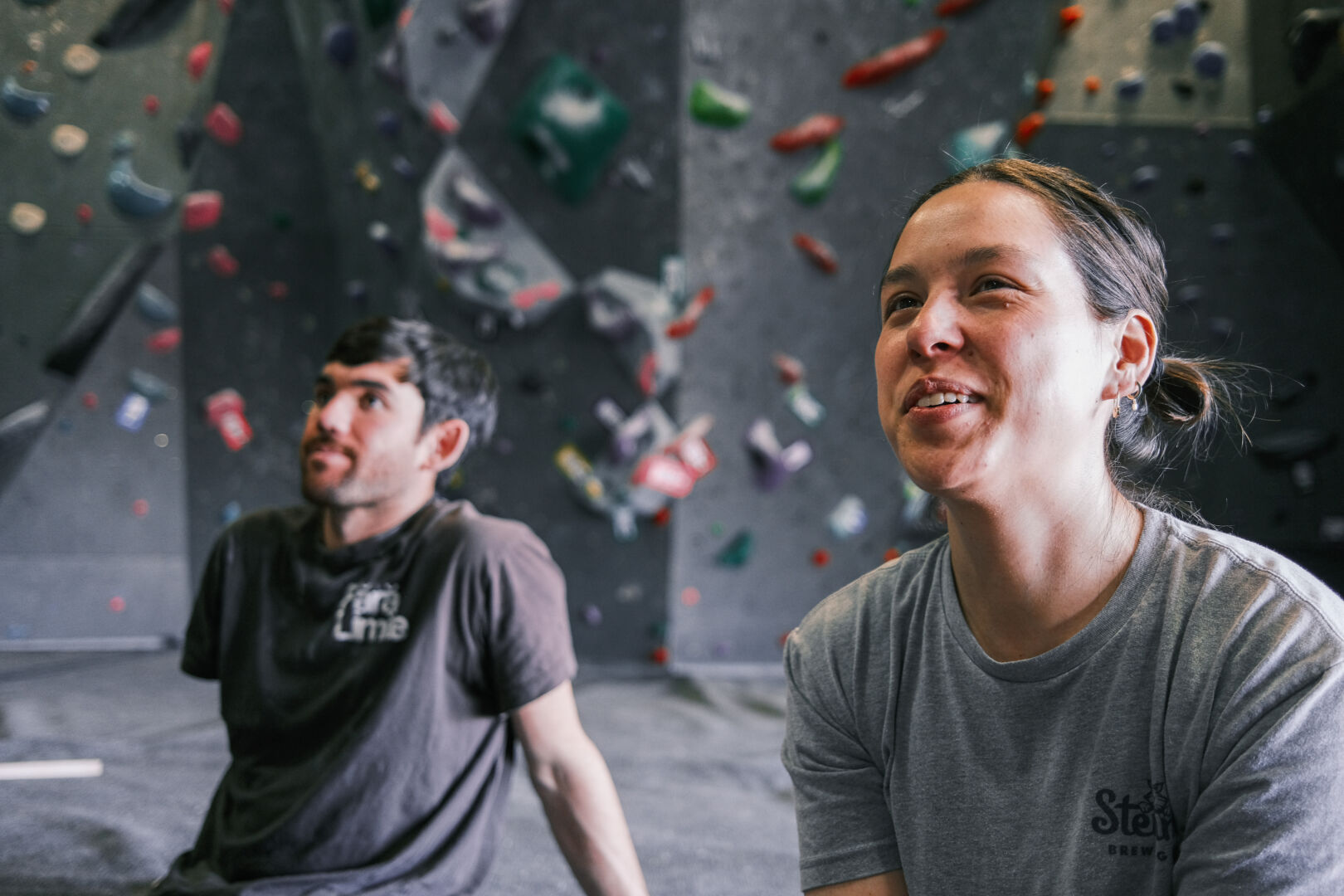
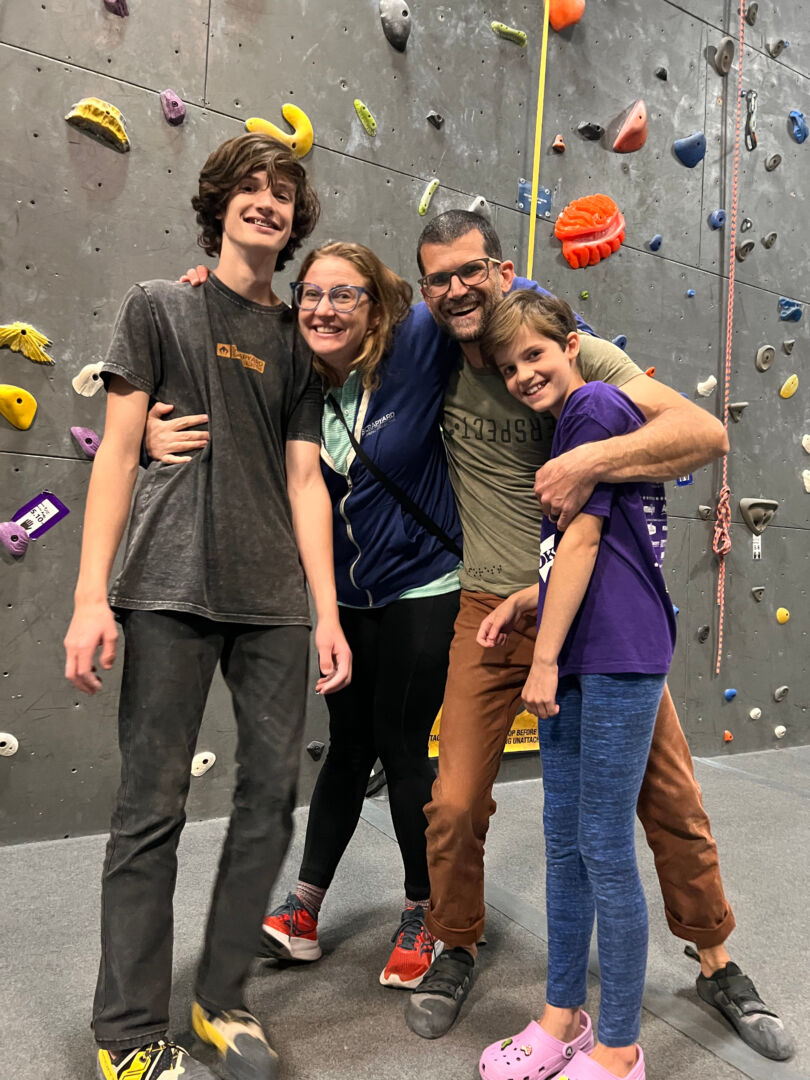
The Shoutout series is all about recognizing that our success and where we are in life is at least somewhat thanks to the efforts, support, mentorship, love and encouragement of others. So is there someone that you want to dedicate your shoutout to?
Cornell Outdoor Education. My colleagues and the students I worked with there deserve a large portion of the credit for where I am today.
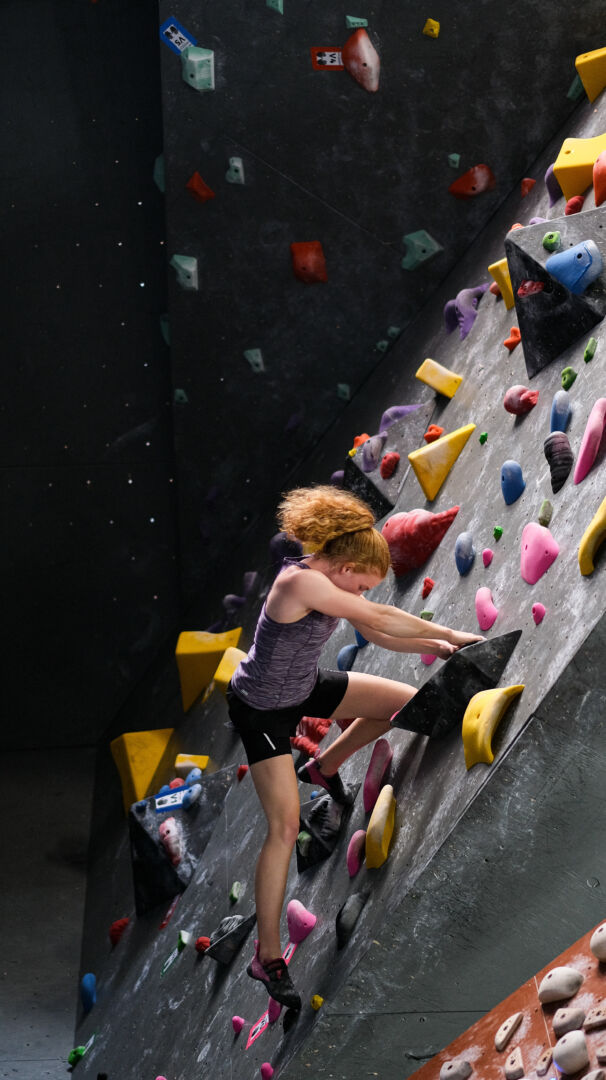
Website: www.scrapyardclimbing.com
Instagram: @scrapyardclimbing
Facebook: @scrapyardclimbing
